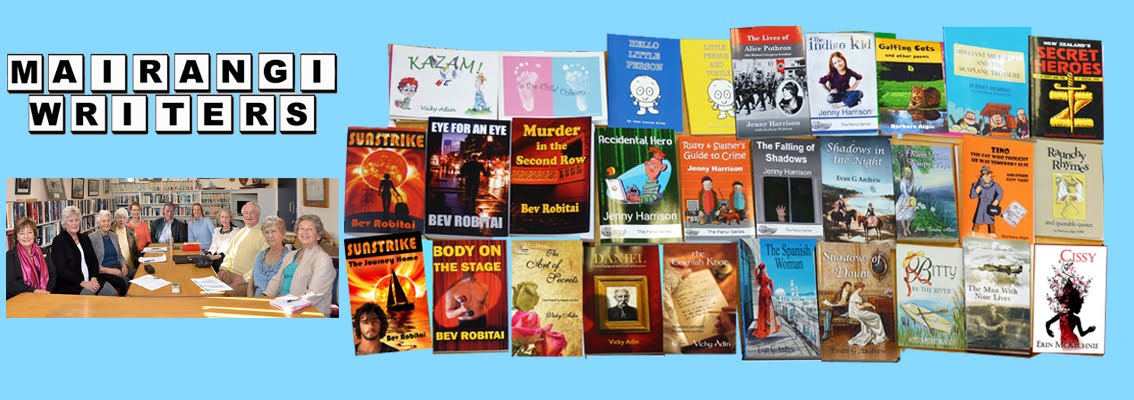Most of the time I find these attention
seeking options annoying, because much of it is basic, oft-repeated advice that
people in the field already know about. I look for deeper, more meaningful
advice from the masters, which you rarely find on social network. Occasionally,
I’m proved wrong.
As writers, we can all get into a bind, and
get a bit of a block about what we do. We have our own style, our voice and the
genre we like to write in. It’s worked for us. We enjoy what we write, we enjoy
others who write like us, but as the world of self-publishing gets more crowded
we need to work out a way of standing out. A good opening is a great start.
How many times have we heard that the
opening sentence, paragraph or chapter is THE most important in the book? And
how many times do we have to rewrite the first chapter to even begin to get it
right? If you are anything like me, then several times.
I tend to start off reflective with
back-story. That is how the characters get under my skin, until I know them so
well I can think, talk and react like them. This process takes time, but even
when we do go back to write that first page, how many times do we find
ourselves loath to delete nearly all of it and start again? But needs must… so
today I’m sharing one of those snippets of information I found on social
network.
Because these words come from literary
agents who are the gate-keepers to what is acceptable and what is not in the
trad published world, maybe we should at least heed a little of what they
say. In the SP world, our readers are
our gate-keepers.
To paraphrase my take on what not to do in
Chapter One:
- Don’t spend time developing a character to then kill them off a page later. Either they are important and should live, or they are not in which case I don’t need to know them.
- Don’t start with dreams or reflections.
- Show don’t Tell – Don’t describe everything about the setting or the character or the scenery or what they had for breakfast.
- Avoid information dump.
- Avoid prologues.
- Get on with it! If nothing is happening on the first page, then why would the reader stay?
- Don’t get carried away with ‘purple prose’ – flowing sentences with endless adjectives and clichéd settings.
- Your protagonists are not physically perfect gifts to mankind – don’t describe them as such.
- Be realistic. If an action or scene seems implausible then it probably is.
- And lastly - avoid backstory. My penchant. Oh, dear!
Sometimes we need reminding of what readers
like and don’t like – and it often has nothing to do with what we like.
You can read the full version of the
article here: http://thewritelife.com/the-worst-ways-to-begin-your-novel-advice-from-literary-agents/
Vicky Adin

 In my reading, I often see questionable usage of a few related punctuation marks. I know (1) that grammar is not every writer’s strong suit and (2) the rules for grammar are more often gray rather than black and white, with lots of room for subjective variation, but a short primer on a few of the more confusing marks might be in order.
In my reading, I often see questionable usage of a few related punctuation marks. I know (1) that grammar is not every writer’s strong suit and (2) the rules for grammar are more often gray rather than black and white, with lots of room for subjective variation, but a short primer on a few of the more confusing marks might be in order.